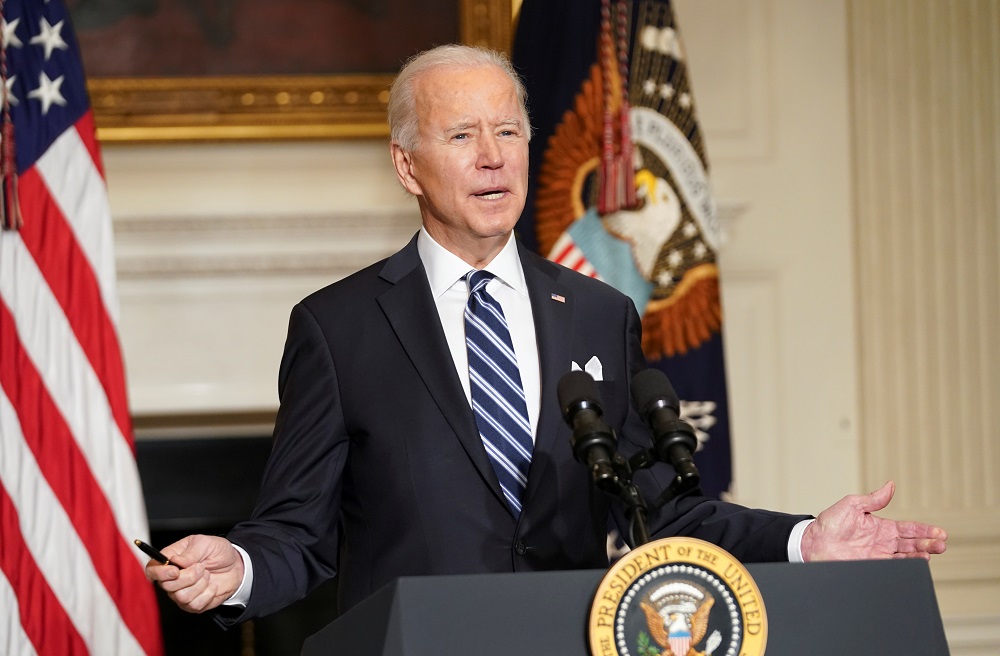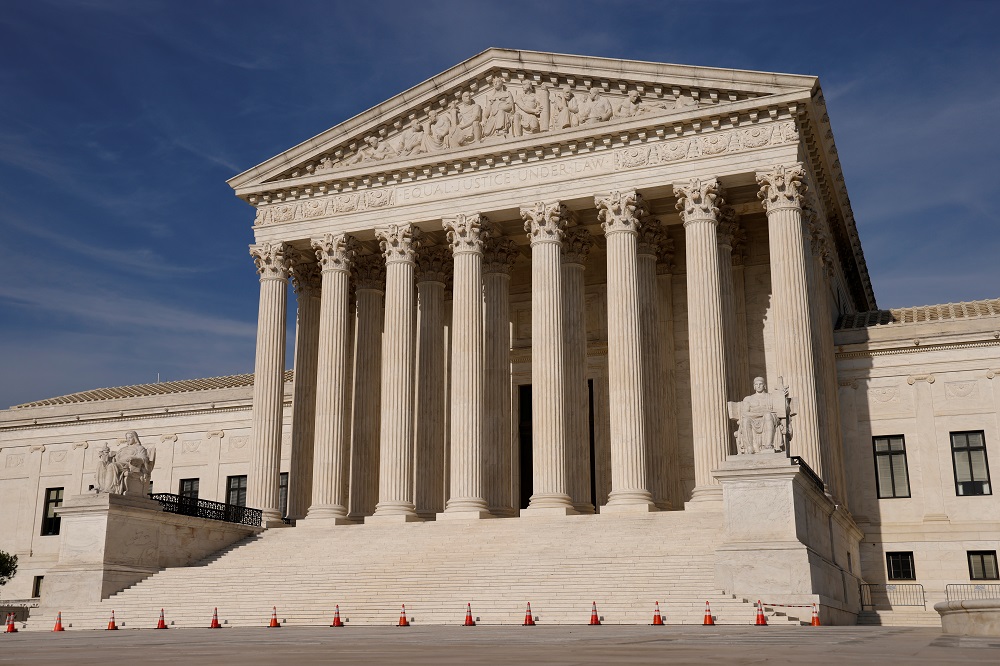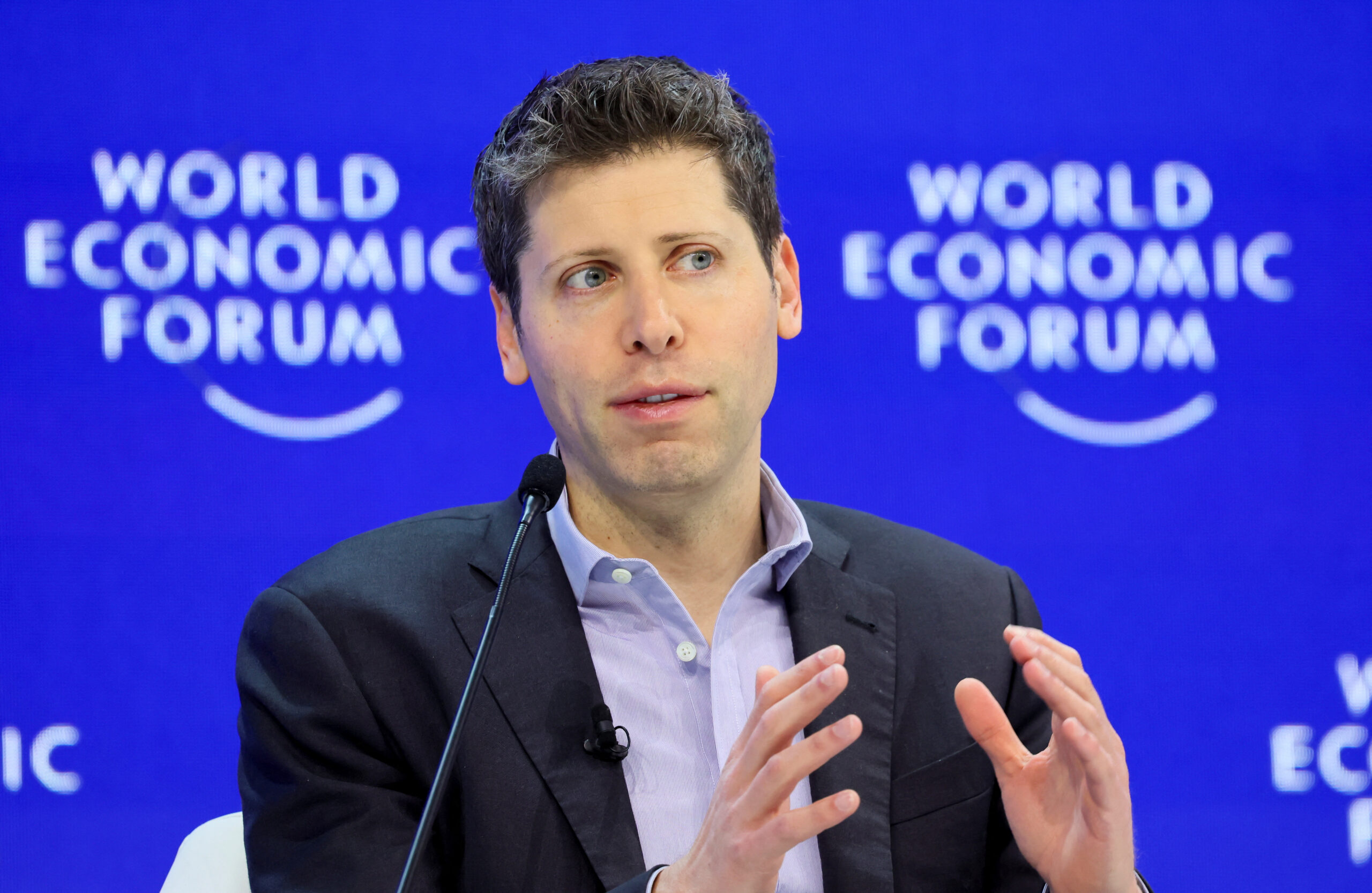
February 13, 2024
The Trade and Technology Council: RIP?
In case you missed it, ten days ago, the US and EU held the fifth ministerial meeting of the US-EU Trade and Technology Council (TTC), since its inception in 2021. At the meeting, Commerce Secretary Gina Raimondo somewhat plaintively urged “stakeholders” such as business organizations and civil society groups to “demand” that the TTC be…

February 12, 2024
The Biden Energy and Climate Policies in Broader Perspective
Say what you will about the myriad confusions and inconsistencies characterizing the overall Biden administration policy agenda, both foreign and domestic, it nonetheless is fair to describe its climate agenda as single-minded, particularly in the context of the intended “clean energy transition” away from conventional energy based upon fossil fuels. Underpinning much of this agenda is the effort to transform the electric power sector away…

February 12, 2024
To Understand AI Adoption, Focus on the Interdependencies
In 1991, in a small farming town 15 miles west of Fresno, California, the last hand-operated telephone switchboard in the US went automatic. The moment completed what can now be understood as a century-long story of change. Invented in the 1880s, automatic switchboards were only sparingly installed into telephone networks. Instead, AT&T used long switchboards staffed…

February 8, 2024
The EU Rules Risk Smartphone Security
The European Union’s Digital Markets Act (DMA) targets “Big Tech” platforms under the idea that new regulations will increase competition and user choice. But by mandating openness, these new rules could inadvertently undermine vital security protections for consumers. Smartphones contain highly sensitive personal information across finance, health, and communication apps. Securing these devices is paramount. Apple has…

February 7, 2024
Burning the House to Roast the Pig: How Not to Protect Minors on Social Media
While social media companies’ top executives were being “battered” by “withering bipartisan criticism” during a January Senate hearing regarding harms their platforms allegedly cause minors, Florida lawmakers were considering a bill broadly barring anyone under age 16 from becoming “a social media platform . . . account holder.” Known as House Bill 1 and following on the heels of a…

February 6, 2024
Indigenous Spectrum Ownership Can’t Address Digital Disadvantage
In New Zealand, February 6 is Waitangi Day, the local equivalent of the United States’ Fourth of July. On this day in 1840, Captain William Hobson the Lieutenant-Governor of New South Wales and the chiefs of a large number of the indigenous Māori tribes signed the Treaty of Waitangi. In exchange for the chiefs ceding some powers to the…

February 5, 2024
Navigating the Post–World Radiocommunication Conference
On January 22, AEI hosted an expert panel on the US’s stance on spectrum and telecommunications policy following the World Radiocommunication Conference (WRC). The event started with a conversation between AEI’s Shane Tews and Steve Lang of the Bureau of Cyberspace and Digital Policy followed by an expert panel featuring the US House of Representatives’…

February 2, 2024
Safeguarding the Modern Public Square: Texas and Florida Weigh In on Social Media Regulation with the Supreme Court
The US Supreme Court hears oral arguments on February 26 in two First Amendment cases––NetChoice v. Paxton and Moody v. NetChoice––that will determine how much editorial freedom social media platforms possess to define their own “speech-based communities” in the face of government directives compelling them to host content and users against their will. At stake in that issue’s resolution are Texas and Florida laws dictating how large platforms…

February 1, 2024
Reconsidering Chevron Deference: Implications for Tech Policy
The Supreme Court is poised to reconsider a fundamental principle of administrative law. The “Chevron Doctrine” requires the court to defer to agency interpretations of ambiguous statutes, rather than resolving the ambiguity itself. Chevron is one of the most-cited cases in legal history, and revising its approach to statutory construction could significantly impact how agencies regulate society. This…

January 31, 2024
CHIPS 1, CHIPS 2 . . . CHIPS X
Semiconductor titans are angling to feast on new public subsidies even before they have digested the first tranche. Two weeks ago in Davos, Intel CEO Pat Gelsinger, in effect, made a strong call for a CHIPS 2, referring to the $52 billion CHIPS and Science Act passed by Congress in August 2022. Not to be outdone, OpenAI’s…